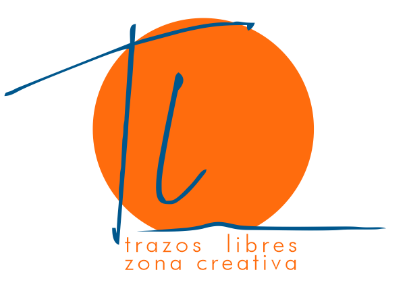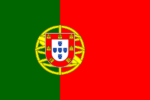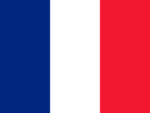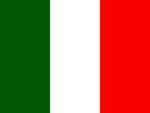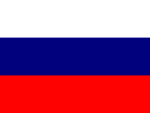This sport was introduced in Cuba in 1951 and although seven national champions were held in the initial stage, it was in 1959 when its organization began nationwide.
High-performance athletes participate in regional and continental competitions, while receiving technical advice for seven years from experts from the Democratic People’s Republic of Korea (DPRK).
It is worth noting the primary contribution from those who planted the seed of international victories, like Félix de la Cruz and Luis Gastón, among others.
Precisely, a young judoka from Guanajay municipality, in western Cuba, ascended to the highest level of the Olympic podium at the age of 22, when he won the title in the 63-kilogram division at the Montreal Olympic Games in 1976, paving the way for others who came after him.
Consecutively, at the Olympic Games from 1980 to 2012, the Cuban judokas won medals, especially by the women’s team, who debuted in the Olympic movement in 1992 and won four medals in Barcelona.
The protagonist of those performances and future victories was Professor Ronaldo Veitía, who coached the team for more than 25 years.
Atlanta-1996 had a great significance for the female judokas, who won five medals, and in Sydney-2000, they were the only team to remove Japan from the first place in the history of the Olympic games.
The subsequent Olympics were platforms for new victories by the female judokas: Athens-2004 (one silver and four bronze medals), Beijing-2008 (three silver medals and one bronze medal), London-2012 (silver and gold) and Rio de Janeiro-2016 (silver).
In light of Japan-2021, the men’s and women’s teams, currently coached by Julio Alderete and Yordanis Arencibia, respectively, are training hard, so that the men can return to the podium again, after they failed to do so in 2016, and the women, headed by Isalis Ortiz, Cuba’s best judoka, can remain among the medalists.
jg/jrz/jpm









